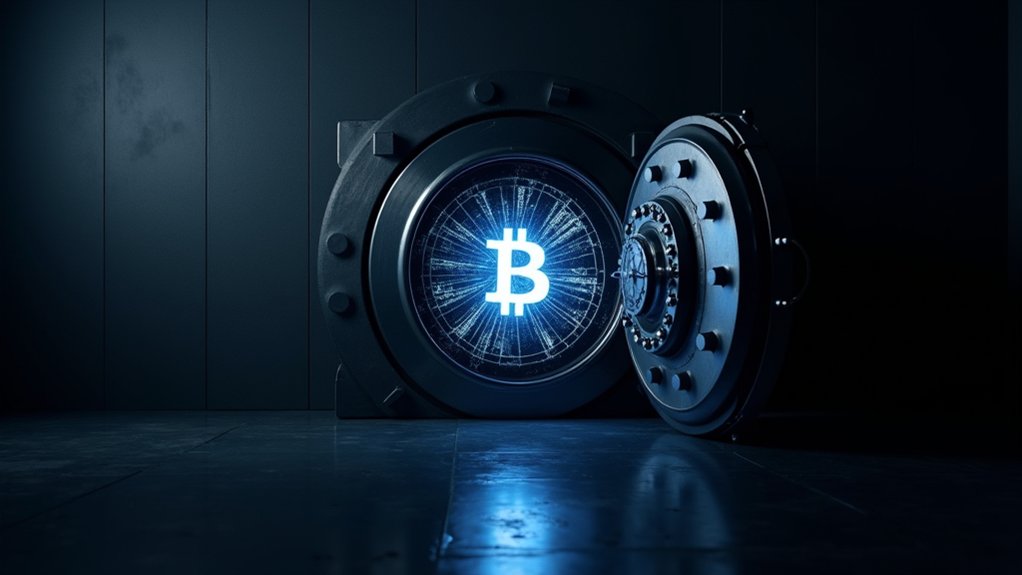In a move that smacks of thinly veiled retaliation rather than principled banking strategy, JPMorgan abruptly froze its efforts to re-establish a vital banking relationship with Gemini following Tyler Winklevoss’s pointed public denunciation of the bank’s exploitative fees on fintech data access—an action that not only exposes the entrenched gatekeeping endemic to traditional financial institutions but also underscores the cynical power plays that continue to throttle innovation and competition in the crypto ecosystem. The abrupt halt, dropping like an anchor amid ongoing debates around central bank policies and fintech regulation, serves less as a measured response to regulatory concerns and more as a blunt instrument wielded to maintain stranglehold over access to indispensable banking infrastructure. This decision follows JPMorgan’s prior action in 2022 under Operation ChokePoint 2.0, highlighting a consistent pattern of restricting crypto firms’ banking access. JPMorgan justified these fees as necessary security measures designed to prevent data misuse amid over 2 billion monthly requests, most unrelated to fintech services, underscoring their claim of addressing data misuse concerns. In this theatrical standoff, JPMorgan’s insistence on charging fintech intermediaries exorbitant fees for data once freely accessible undercuts the foundational ideals of open banking, transforming what should be a matter of regulatory clarity into a mercenary revenue stream aimed squarely at crypto challengers.
Winklevoss’s scathing accusations—branding JPMorgan’s fee model as “rent-seeking” and anti-competitive—pierce the veil of corporate doublespeak, revealing a banking elite intent on suffocating discourse around necessary reforms. By weaponizing fintech regulation and exploiting ambiguities within central bank frameworks, JPMorgan not only jeopardizes the operational stability of platforms like Gemini but also signals a deliberate tactic to throttle crypto’s integration into mainstream finance. The prior severance under the so-called “Operation ChokePoint 2.0,” a campaign cloaked in regulatory rhetoric but driven by protectionist instincts, finds its echo in this latest freeze, underscoring a persistent pattern of institutional obstruction. As fiat on-ramps falter, users are nudged towards decentralized alternatives, inadvertently spotlighting the bank’s role in hastening crypto’s evolution rather than halting it. This trend reflects the broader global regulatory landscape where 70% of countries are currently reviewing frameworks impacting crypto’s legal status. Ultimately, JPMorgan’s maneuver encapsulates a broader industry malaise—where purported regulatory compliance masks strategic gatekeeping, leaving innovation gasping for breath beneath layers of self-serving policies.









